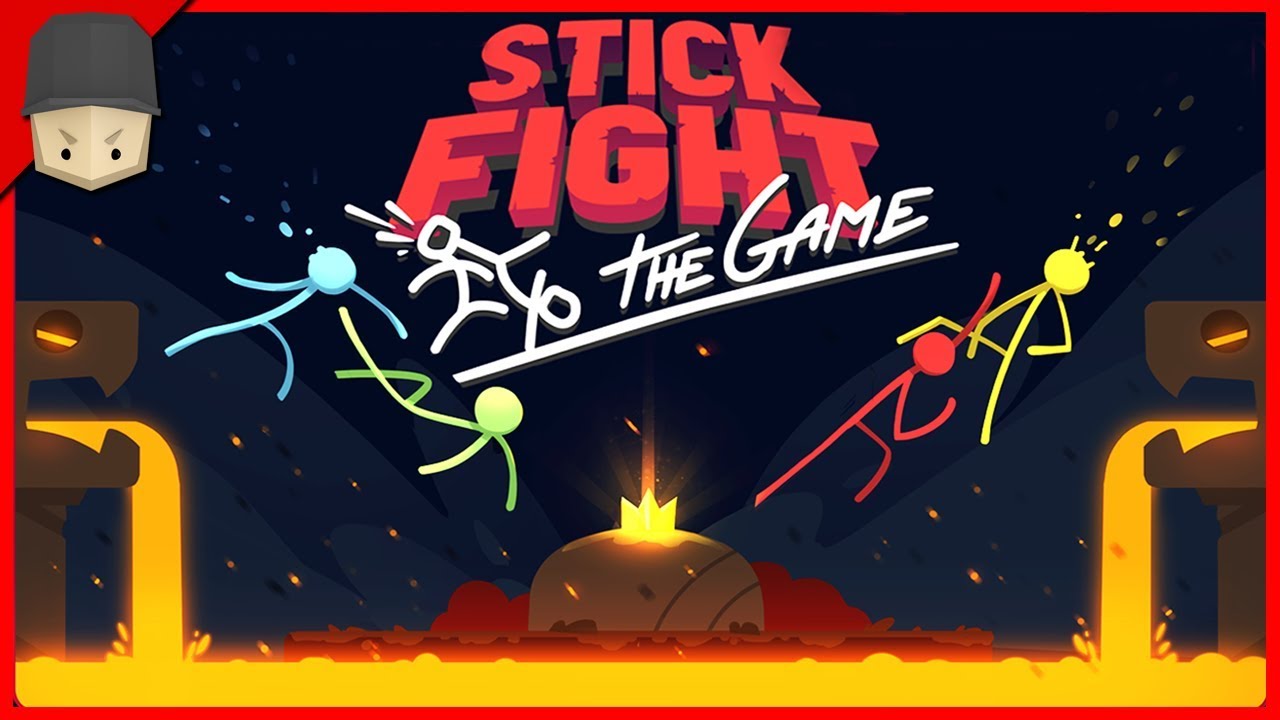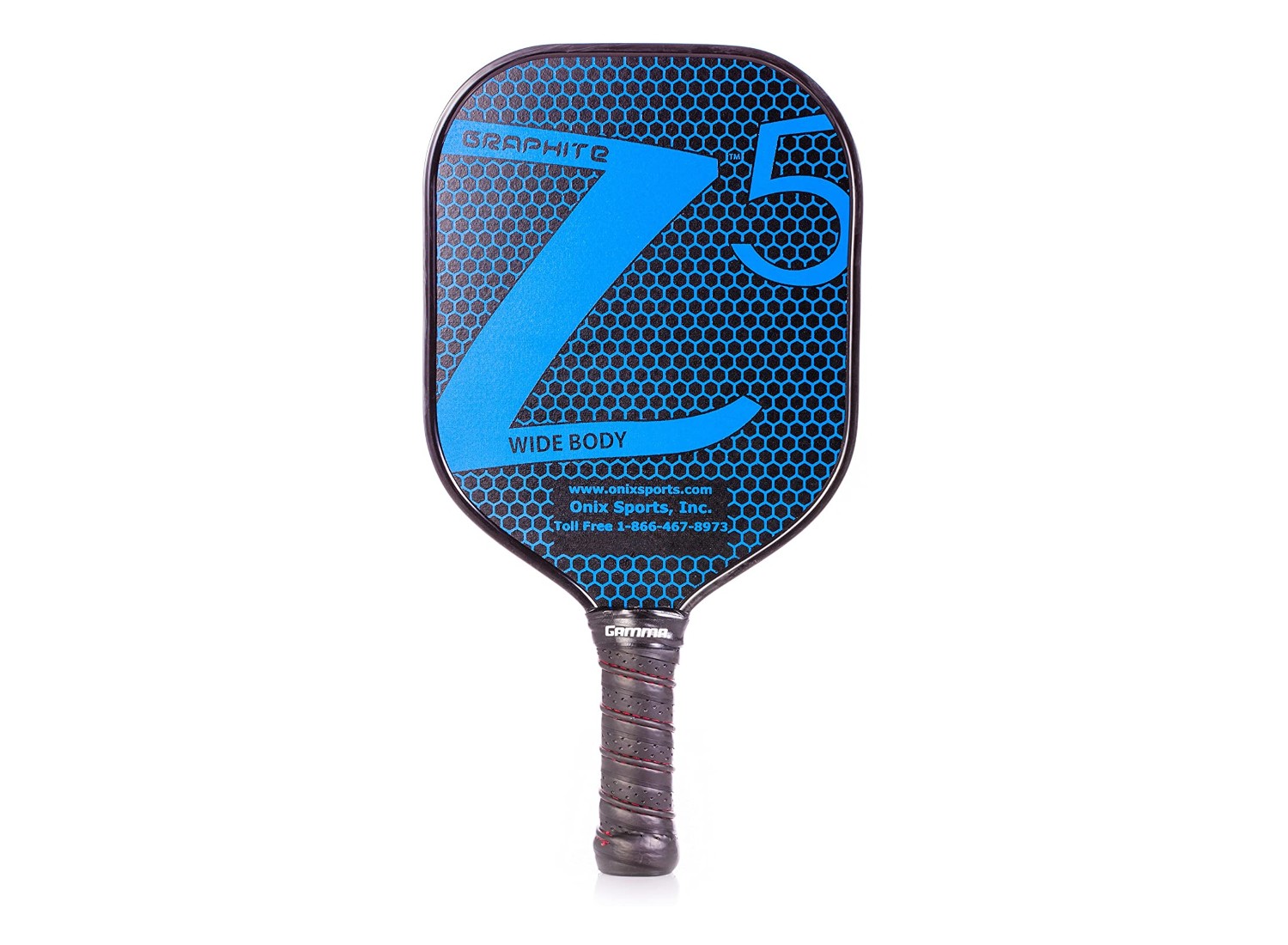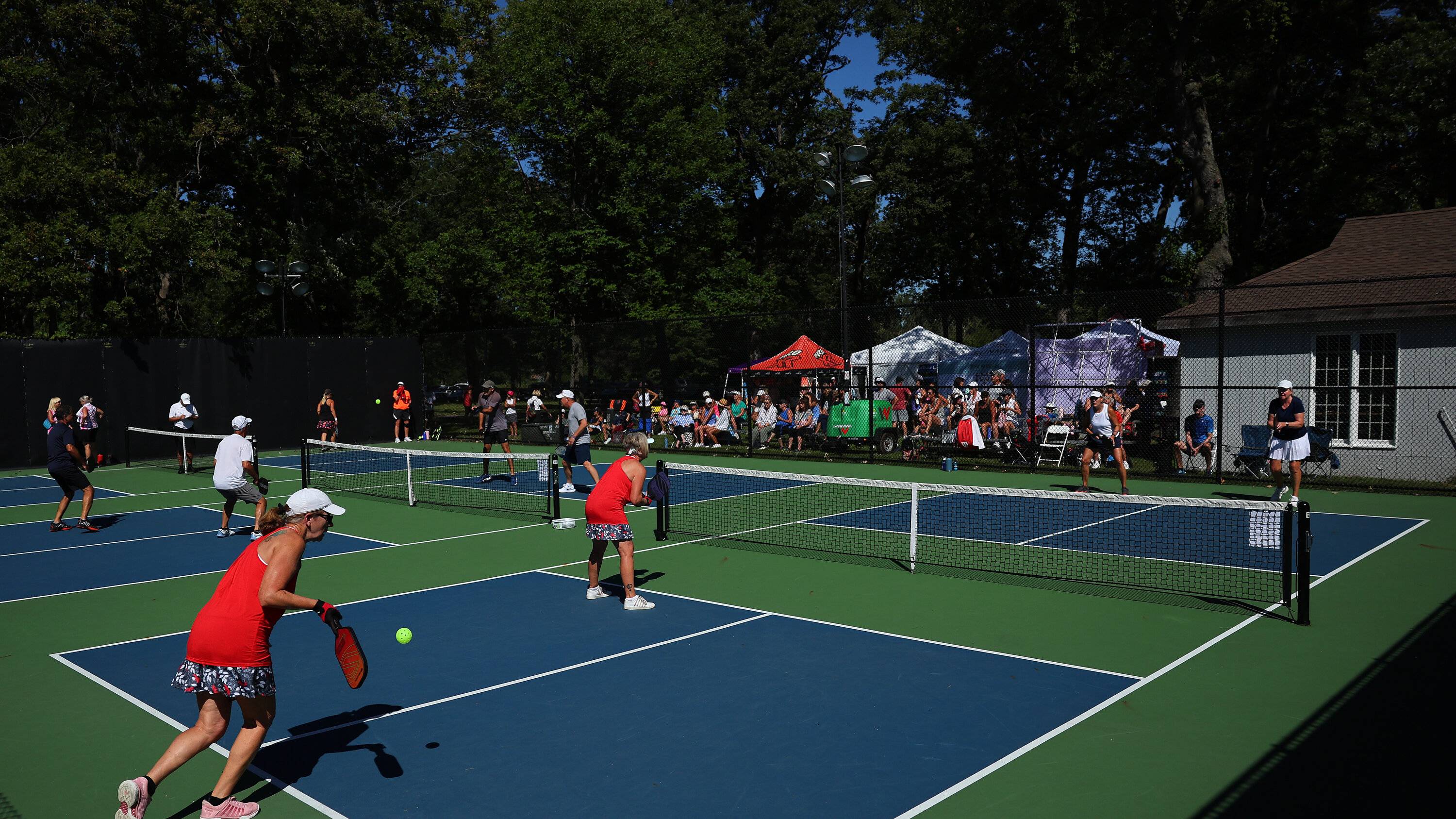
The game of soccer is played between two 11-player squads. The goal of the game is scoring goals by moving the ball across the goal-line and into the rectangular-framed goal that the opposing team defends. The match lasts 90 minutes, divided into two 45 minute halves.
In 1863, the Football Association of England established the rules of football. FIFA oversees soccer today, and has 17 laws that govern all levels of playing.
There are also a few other guidelines and rules that govern the sport in addition to the Laws of the Game. The use of red cards and penalty kicks are among them.
* Offside - An infraction called when an attacking player is in the opponent's half of the field and is nearer the goal line than the ball, in the opinion of the referee. Offside usually means that a goal can't be scored.
The head referee will show the player who has committed the offence a yellow card. A red card can be issued for the first offense. The second offense results in the player being ejected from the match.

If the match is tied after extra-time, each team scores from its own penalty spot in order to determine the winning team. The first player to score wins the match.
Soccer is a sport where the objective is to score more goals than your opponent. A goal can also be scored from corner kicks (corners), free kicks (free kicks) or penalties.
A typical game of soccer has two 45-minute halves and each team changes their goal at half time. The goalkeeper must protect the goal against incoming attacks.
The football, or soccer ball, is made from lightweight synthetic materials. It has a distinctive pattern of black and white that makes it more visible when in the snow.
It is also a safer option than leather balls and tends to be more consistent in flight and bounce. It is used in all professional matches, as well as a wide range of amateur tournaments and leagues across the world.
There are many variations in the sport as well as a wide range of strategies employed by coaches and managers. These are just some of the many variations.

Possession- A strategy which focuses on controlling as much of the ball as possible. This could involve sending long balls or crosses across the midfield so that a striker can score.
Long Ball – A simple tactic which requires a fast striker and accurate defense. This strategy can be used to control the game's flow.
Soccer is a growing sport around the globe. As a result, many events and competitions are held throughout the entire year. The FIFA World Cup is one of the most famous events, which draws billions of fans each year.
FAQ
How can exercise and nutrition help you live a healthier life?
Exercise is a great way to keep fit, lose weight, build muscle mass, and reduce stress. Nutrition is essential for energy, sleep and mood as well as overall health. If you want to live longer, eat less meat, drink alcohol moderately, avoid smoking, and do regular physical activity.
Do I need food before I exercise?
No. You don't have to eat before you start working out. It is possible to snack on yogurt or fruit if you are hungry after your workout.
Can exercise make me gain weight?
Not at all. In fact, exercise helps you to maintain your current weight. Training regularly can help you build muscles, increase your metabolism, and burn more calories. This will mean that your body won't store as many calories.
Are there exercises I shouldn’t perform?
Before beginning any new workout program, consult your doctor. Some people have injuries or medical conditions that prevent them from doing certain types of exercise. Some activities also require special equipment. For example, swimming requires a swimsuit and pool access.
How many hours sleep should I get each night?
The amount of sleep recommended depends on your age, gender, and personal needs. Most adults need between 7 and 9 hours of sleep per night. Children and teens typically need between 7 and 9 hours of sleep each night. However, this number drops as they get older.
Statistics
- Globally, 81% of adolescents aged 11-17 years were insufficiently physically active in 2016. (who.int)
- An estimated 110,000 deaths per year could be prevented (cdc.gov)
- Adolescent girls were less active than adolescent boys, with 85% vs. 78% not meeting WHO recommendations of at least 60 minutes of moderate to vigorous intensity physical activity per day. (who.int)
- One study showed that adults who watch more than 4 hours of television daily had an 80% higher risk of death from cardiovascular disease. (heart.org)
External Links
How To
How to Burn Belly Fats Faster
Belly Fat is often thought of as a problem when trying to lose fat. However, Belly Fat can be beneficial if you really think about it. Your organs are protected from being damaged by excess belly fat. Let's find out how to lose belly fat quickly.
The two main factors that make us store body fat are stress and lack of exercise. Cortisol hormone is stimulated by stress, which causes us to feel constantly hungry. Cortisol raises insulin levels. Insulin then stores excess calories as fat. A lack of sleep leads to adrenaline being released into the system which causes an increased appetite. Exercise helps to break down these extra calories.
There are many ways you can reduce belly fat. All of these methods can be used, depending on your budget. Here are some tips to help you get rid of belly fat quickly.
-
You can eat less. You should eat smaller meals throughout the day than you would if you ate three big meals. You will eat less calories in general.
-
Drink plenty of water. Water helps flush out toxins from the body and keeps you hydrated. Water before each meal can help you feel fuller longer and reduce your appetite so that you don't overeat.
-
Avoid unhealthy snacks. If you're looking for quick fixes, snack foods like chips, cookies, candies, etc. These tempting snacks might look appealing. Avoid these unhealthy treats. They are full of empty calories, too much sugar, and can be very fattening. Instead, opt for healthy alternatives such as fruits, vegetables and whole grains.
-
Do strength training exercises at least three times per week. Strength training builds muscle mass which burns more calories even while resting. Strengthening your bones, muscles as well ligaments, joints, tendons, heart and lungs.
-
Walking or stretching is a good habit to do regularly. Stretching increases flexibility and mobility. It also reduces back pain. Walking is great for burning calories, especially brisk walking for 30 minutes.
-
Reduce alcohol intake. You should cut down on alcohol consumption. It adds no nutritional value to your diet.
-
Lose weight gradually. To lose weight, the first step is to determine what your current weight. Next, calculate your ideal weight by adding between 5% and 10% to your total body weight. Once you have determined your ideal weight, you can start to reduce your calorie intake by 500-1000 calories per day until you reach it.
-
Avoid processed foods. These foods are high in salt, sugar, preservatives, and other harmful ingredients. While processed foods can be convenient, they don't offer enough nutrients to ensure your health.
-
Don't skip breakfast! Consuming breakfast increases concentration, memory and energy levels. Breakfast should contain protein (like eggs), fibre (like oats), as well as complex carbohydrates (like oatmeal).
-
Have regular bowel movements. Constipation and irregularity cause bloating and gas. This can be prevented by drinking plenty of water and increasing fiber intake.